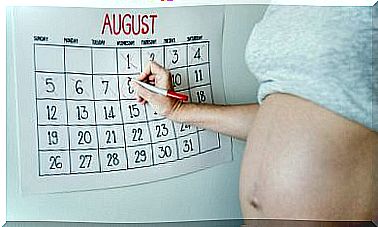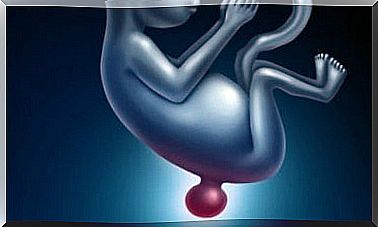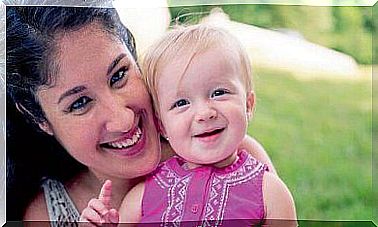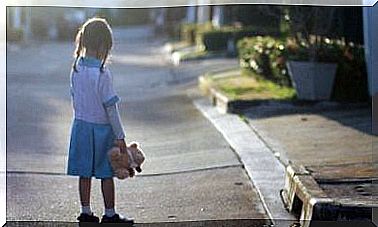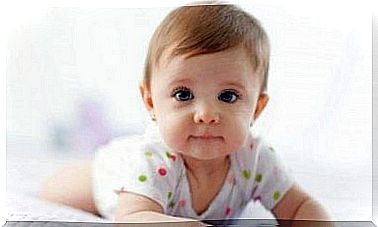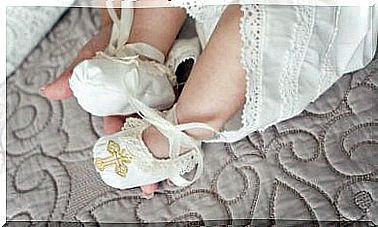5 Important Childhood Memories For Your Little One
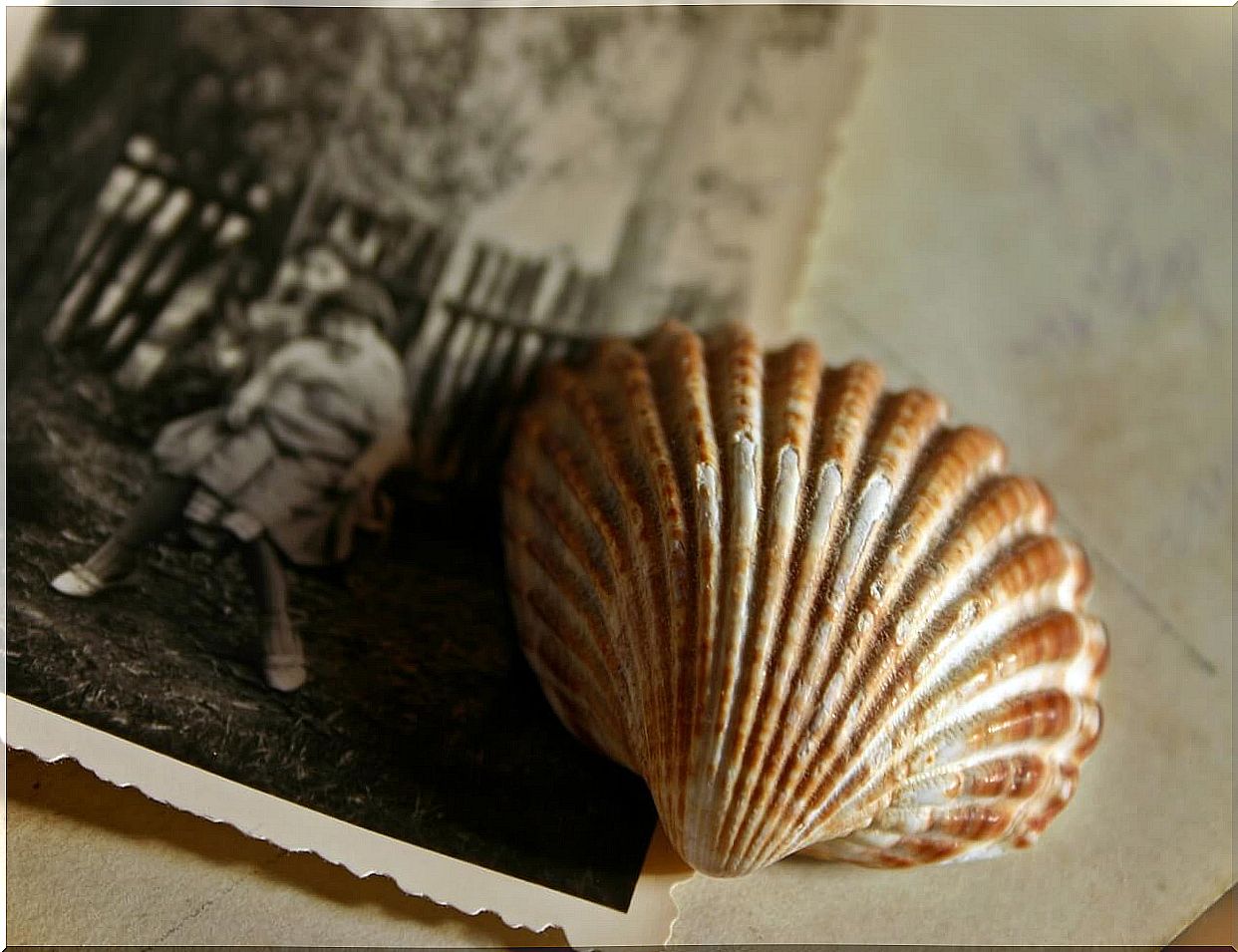
Childhood memories help us create a mental photo album of important life experiences. At the same time, they are extremely important for a child’s development.
We all remember things and moments in childhood that shaped our future lives. Of course, this includes both positive and negative experiences.
They are part of our life and shape our personality.
Today’s article is about five pillars on which our childhood memories are built. They are the basis of our life and accompany us into the future.
Childhood is relatively short, but it defines the rest of life. We invite you to think about it with us.
childhood memories
Play
Surely you know the importance of play for the development of your child. You can also enjoy time together and relax.
Teaching your child to play games from an early age will help them distinguish the roles of parents and children.
It also helps him learn values, understand social norms, and develop problem-solving strategies.
Children have memories of their games and playmates that will be with them throughout their lives.
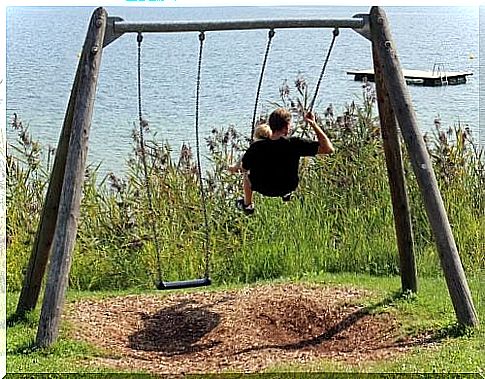
Emotional intelligence
Children learn from adults how to control their emotions. Help your little one understand their emotions instead of suppressing them.
Your child needs to learn to face difficulties and not to peep from them. Then in adulthood we look back and remember who was by our side in sad moments.
We think about who helped us deal with our anger. And we remember who was proud of us when we achieved great success.
These are all emotional management lessons that you learn from your memories. In this way, you can maintain an emotional bond with your child that is created very intuitively. But you also have to consciously promote it!
Social skills
The family is a child’s first social contact. Later he goes out into the world with those social skills that his family has taught him at home.
Things like asking for permission or forgiveness, saying I love you, listening to others … This learning process continues as children adjust to different environments.
For example, a meeting with the whole family, shopping in the supermarket, free time in the playground etc.
All of these experiences turn into memories that have a formative influence on the child’s social development.
independence
The foundations for independence are consolidated in childhood. You can later remember who taught you to get up and move on after failure.
The memory of moments in which you were able to decide for yourself will accompany you into adulthood. You managed to develop extraordinary skills in order to achieve your goal.
Even if you don’t think about them all the time, these childhood memories form the pillars of your further life.

love
It is perhaps the most significant and strongest of your childhood memories: the love you experienced.
Expressing and receiving love is an important function of the family. Hence, as a parent, you need to be vigilant and remind your child of the importance of love.
You are an example and role model for loving relationships, together with your partner, siblings and other members of the family.
Your child will never forget the love they experienced at home. In return, it will return that love.
Mistakes, fear, and failure are also a part of childhood (and life).
It is therefore important to use these five pillars so that your child is strong enough to cope with the adversities of life.
You can’t control what things your child remembers and that’s a good thing. It is unpredictable which things will be important for his tomorrow today.
You can only offer him a wide range of experiences that will help him face life and enjoy it.

